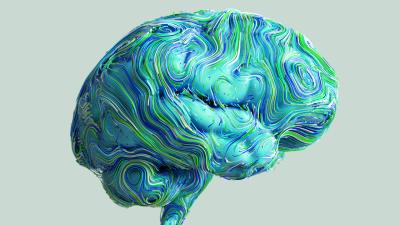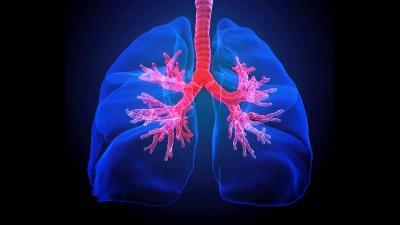Physicians Urge Alameda City Council to Reject Proposed Lease for Company Run by Former Elon Musk Partner Who Oversaw Deadly Monkey Experiments
Council Will Vote Tuesday Evening on Proposed Lease for Medical Device Company Science Corp.

ALAMEDA, Calif.—A national medical ethics group is urging the Alameda City Council to reject a proposed lease for a medical device company whose CEO previously oversaw debilitating, deadly experiments on monkeys. The company, Science Corp., has applied to occupy Building 11 at Alameda Point, public property owned by the city, where it plans to conduct experiments on primates, rabbits, and mice. Its CEO, Max Hodak, was the co-founder and, until May 2021, president of the brain-computer interface company Neuralink. Hodak started Neuralink with Elon Musk, and the company’s experiments on monkeys at the University of California, Davis, from 2017 to 2020 caused public outcry when they were revealed last year by the nonprofit Physicians Committee for Responsible Medicine. In a letter sent Saturday, the Physicians Committee asked the city council to “pursue a different tenant—one whose use of public land will benefit the community.” The council will vote on the proposal during a public meeting on Oct. 17 at 7:00 p.m.
Public records show that, during Hodak’s leadership at Neuralink, monkeys subjected to invasive brain experiments suffered seizures, paralysis, bloody diarrhea, chronic infections, internal bleeding, and death. The animals also suffered severe psychological distress, demonstrated by frequent hair-pulling and self-harm.
On at least two occasions, Neuralink’s lead neurosurgeon failed to follow the company’s own research protocols when he used a toxic adhesive to close gaps in monkeys’ skulls. One of those incidents caused a monkey, known as “Animal 21,” to suffer from a lack of coordination and balance, partial paralysis in both legs, and such severe vomiting that she developed open sores in her esophagus. Staff noted she was “gasping/retching” and “collapse[d] from exhaustion/fatigue.” When Neuralink finally euthanized her, staff found that blood had built up on the surface of her brain due to a “subdural hemorrhage.”
In December 2022, Reuters reported that Neuralink was “under federal investigation for potential animal-welfare violations amid internal staff complaints that its animal testing is being rushed, causing needless suffering and death”—including incidents that took place during Hodak’s leadership.
“Local governments should not hand over public land to companies likely to engage in unethical, scientifically questionable animal experiments,” says Ryan Merkley, director of research advocacy at the nonprofit Physicians Committee. “If Alameda city leaders want to support research, they should encourage the use of human-relevant methods that can benefit patients.”
In its letter to the city council, the Physicians Committee pointed out that implanted devices like the one being developed by Science Corp. come with a myriad of problems, including difficulty of repair and a high potential for severe medical complications. In comparison, noninvasive treatments for vision loss minimize such risks. The letter emphasized that ultrasound stimulation of the primary visual cortex has shown promise in human patients without “any adverse effects” for participants. In addition, a 2020 review of noninvasive methods for vision recovery using electrical stimulation found “conclusive evidence” that this method could be a viable treatment. Even stem cell therapies for retinal degeneration can be developed without the use of animals.
To speak with Mr. Merkley or to see a copy of the letter to the city council or the original documents related to Neuralink’s experiments under Hodak, please contact Reina Pohl at 202-527-7326 or rpohl [at] pcrm.org (rpohl[at]pcrm[dot]org).
Media Contact
Reina Pohl, MPH
202-527-7326
rpohl[at]pcrm.org
Founded in 1985, the Physicians Committee for Responsible Medicine is a nonprofit organization that promotes preventive medicine, conducts clinical research, and encourages higher standards for ethics and effectiveness in education and research.







